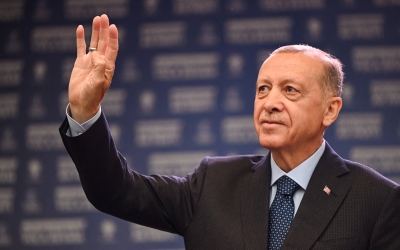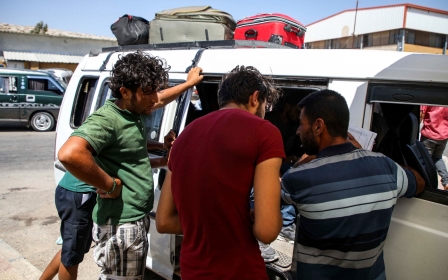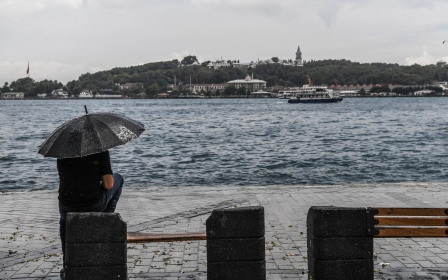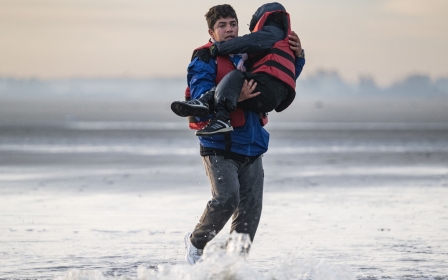Turkey-UK deal: Ankara 'will not take back third-country irregular migrants'
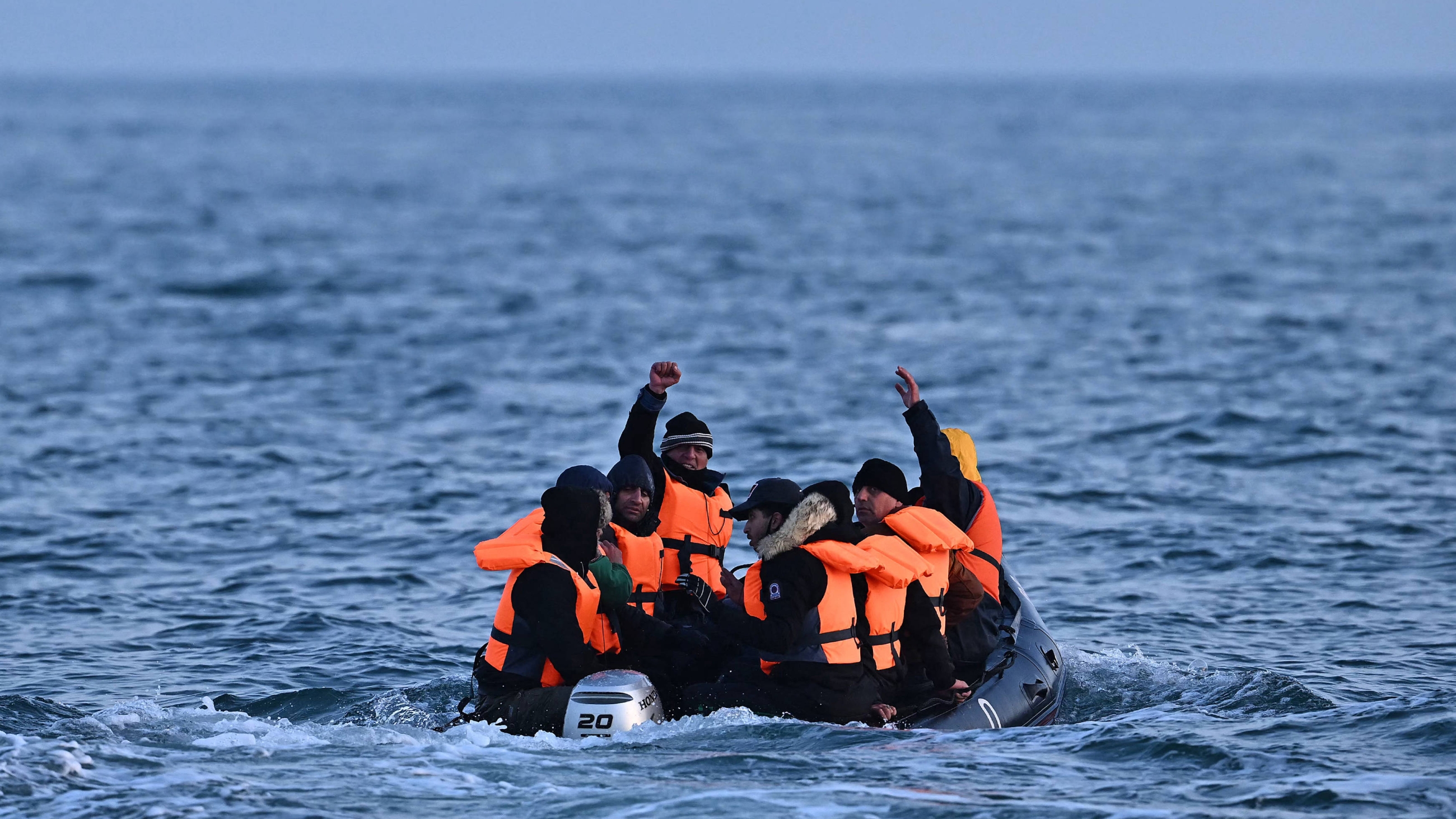
A recent bilateral deal to stem people-smuggling does not include an agreement to return "third-country irregular migrants" from the UK to Turkey, a source familiar with the issue told Middle East Eye.
A joint statement by the UK and Turkey on Tuesday revealed that the UK would support a "Centre of Excellence" run by Turkish police "aimed at disrupting criminal networks organising illegal journeys", in an apparent bid to slow the movement of people passing through Turkey on their way to Europe.
"The new memorandum of understanding will also cover the increase and quicker exchange of customs data, information and intelligence feeds between the UK and Turkish authorities, to further support our joint efforts to disrupt the small boats supply chain," a press statement by the UK Home Office said.
The Turkish government initially did not release any statement of its own.
On Thursday, Turkish opposition chief Kemal Kilicdaroglu accused the government of allowing foreign interference in Turkish domestic issues.
New MEE newsletter: Jerusalem Dispatch
Sign up to get the latest insights and analysis on Israel-Palestine, alongside Turkey Unpacked and other MEE newsletters
"It is extremely serious and problematic that both the agreement and the Centre of Excellence that will be established in [Turkey] are announced by the UK, not the Republic of Turkey," he said.
After Kilicdaroglu's comments, the Turkish interior ministry released a written official statement to local journalists on Thursday.
"In the fight against those organising irregular migration and migrant smuggling, which is a global issue, we will hold bilateral meetings with source, transit and destination countries, including the United Kingdom," the statement read in Turkish.
"We agree to share intelligence with the UK in combatting irregular immigration and migrant smuggling organisers."
'New migration route'
Migration is an increasingly sensitive topic in Turkey, which hosts nearly five million refugees - mainly from Syria, Afghanistan and Iran, among other countries.
Since July, the Turkish government has launched a widespread deportation campaign that largely targets undocumented Syrians and Afghans.
Meanwhile, the news of the deal has been widely perceived among Turkish social media users as an indicator of future UK deportations of people who used Turkey as a transit country on their journey to the UK via Europe and the English Channel.
In response to these online reactions, a Turkish source familiar with the UK-Turkey deal told MEE that "it is absolutely out of the question" that Turkey would accept the return of third-country nationals from Britain to Turkey, citing government statements in recent years. The source spoke on condition of anonymity because they were not authorised to speak to the press.
Many of those crossing the English Channel with the help of smugglers are third-country nationals, but an increasing number have also been Turkish nationals allegedly fleeing economic and political conditions as well as natural disasters.
Home Office data released in August showed that Turks are the second largest nationality to cross to the UK by small boats, after Afghans.
Between April and July this year, 1,359 Turkish citizens crossed the English Channel, in the aftermath of the devastating earthquakes that hit Turkey in February, compared with 1,076 last year, according to UK government statistics.
The Turkish source told MEE that they believe Turkish asylum seekers "created a new migration route" through Turkey, Serbia, and France to the UK as a final destination.
The source claimed that "the bulk of those Turkish asylum seekers" were affiliated with Pennslyvania-based Fethullah Gulen, a Turkish religious leader accused by Ankara of plotting a failed coup attempt in Turkey in 2016.
MEE could not independently verify the allegation, but many Turkish citizens suspected of ties to Gulen's organisation have been seeking refuge in Greece since 2016, as they flee potential prosection. Athens has recently stepped up its legally questionable "pushback" operations to stop the migration route used by Turkish asylum seekers.
The Turkish source also told MEE that the UK had been trying to sign a separate deal with Ankara that could accelerate the deportation of Turkish "irregular migrants" back to Turkey, but both parties were yet to reach an understanding.
The Telegraph reported last week that UK Home Secretary Suella Braverman was seeking a deal that is similar to the one signed with Albania, which allegedly engineered the quick return of hundreds of Albanians back to their country.
The source added that the UK, under the new deal, would support Turkish President Recep Tayyip Erdogan's proposal to conduct a study on migration and displaced persons within the G20, and would also add the issue to the agenda on the G7 platform.
Middle East Eye delivers independent and unrivalled coverage and analysis of the Middle East, North Africa and beyond. To learn more about republishing this content and the associated fees, please fill out this form. More about MEE can be found here.


